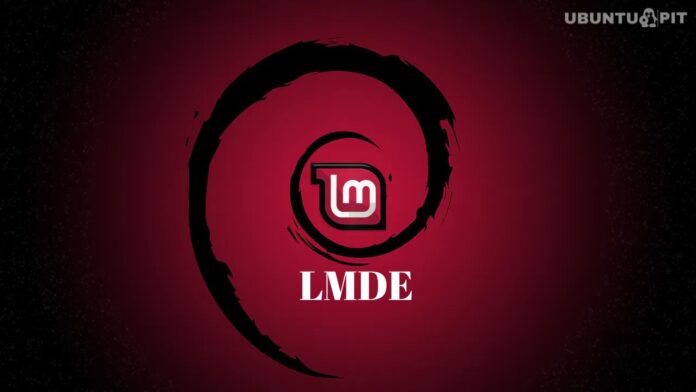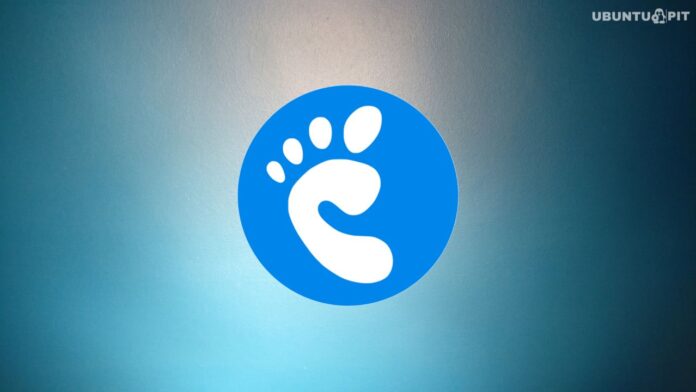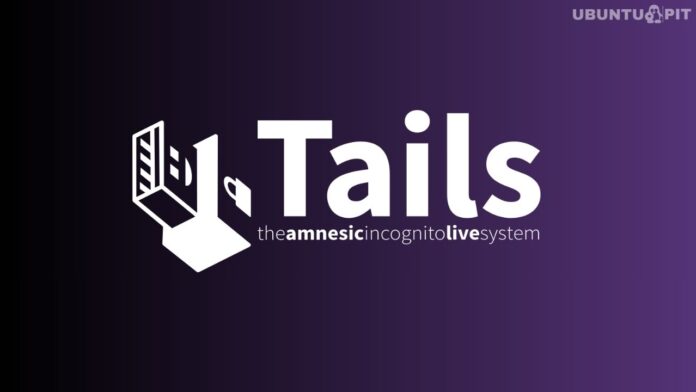The Linux Mint project has officially announced the release of LMDE 7 (“Gigi”), the latest version of its Debian-based edition. The new release continues Mint’s effort to maintain a fully Debian-backed variant that remains operational even without Ubuntu as an upstream base.
The Linux Mint Debian Edition (LMDE) aims to ensure long-term independence for the Mint ecosystem by building directly on Debian 13 “Trixie.” With LMDE 7, users receive a stable environment aligned with the Debian testing branch while preserving the familiar Mint desktop experience.
According to the official release notes, LMDE 7 is a Long Term Support (LTS) release. It requires a minimum of 2 GB of RAM (4 GB recommended), at least 20 GB of disk space (100 GB recommended), and a screen resolution of 1024×768. Users with lower-resolution displays can reposition windows using Alt + drag.
The live environment provides a ready-to-test session where the default username is mint and the password is left blank. Installation can be launched in expert mode with sudo live-installer-expert-mode. For systems using LVM, partitions must be removed from volume groups before installation. During manual setup, swap partitions are automatically mounted and listed in /etc/fstab.
By default, the root account is locked to enhance system security. Users who need recovery or administrative access must first set a password via sudo passwd root.
VirtualBox users can enable full integration—such as shared folders, clipboard, and display resizing—by selecting “Insert Guest Additions CD Image” from the VirtualBox menu and following the provided steps.
All packages distributed with LMDE 7 are open-source, and corresponding source packages are available through Linux Mint and Debian repositories. Some multimedia components, such as certain codecs, are not included by default and can be installed after setup if required.
LMDE 7 “Gigi” maintains Linux Mint’s goal of ensuring long-term continuity and stability on a Debian foundation, providing users with a familiar Mint environment independent of Ubuntu.
SOURCE:
Official announcement — https://blog.linuxmint.com/?p=4924
Official release notes — https://linuxmint.com/rel_gigi.php


